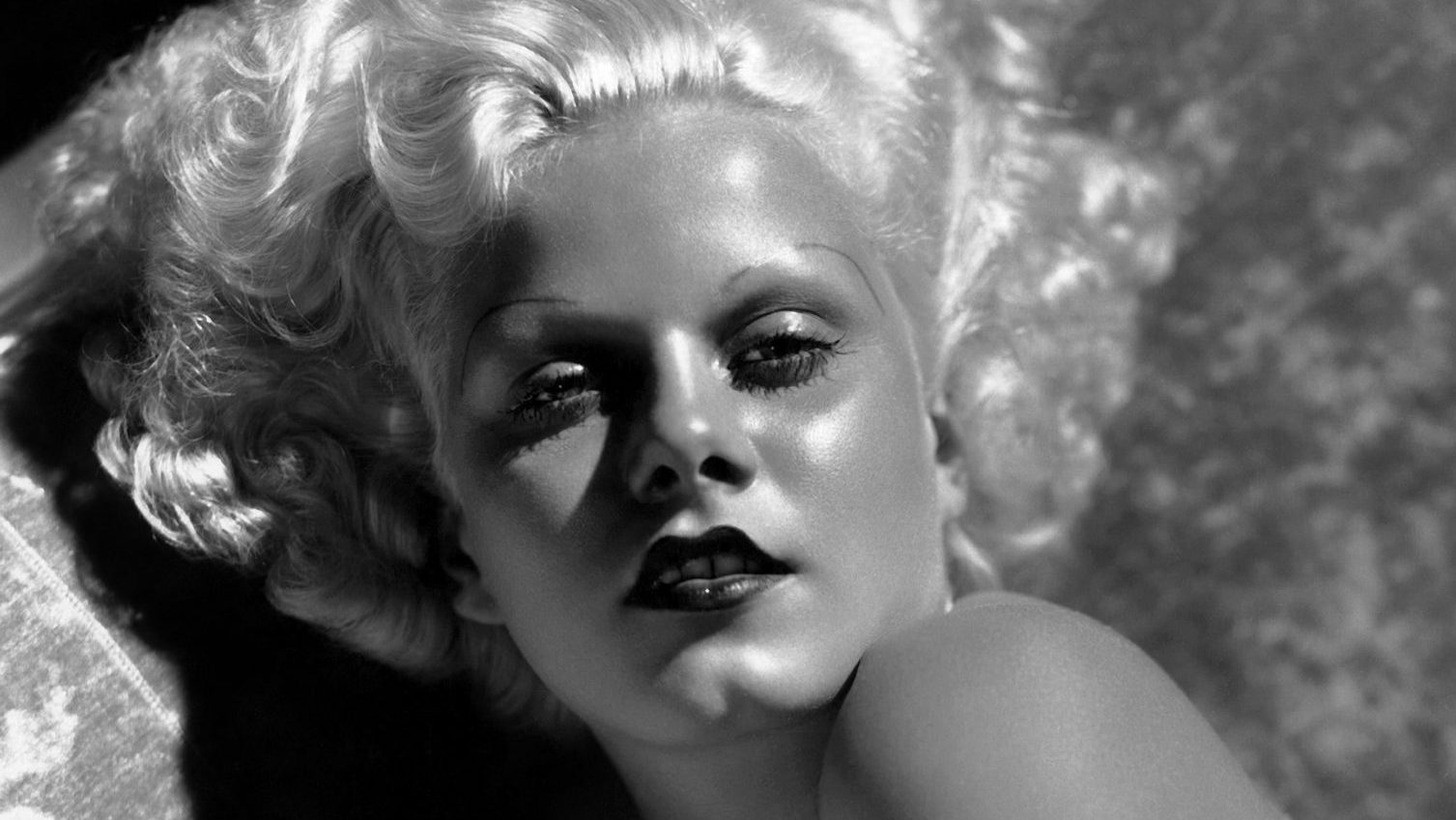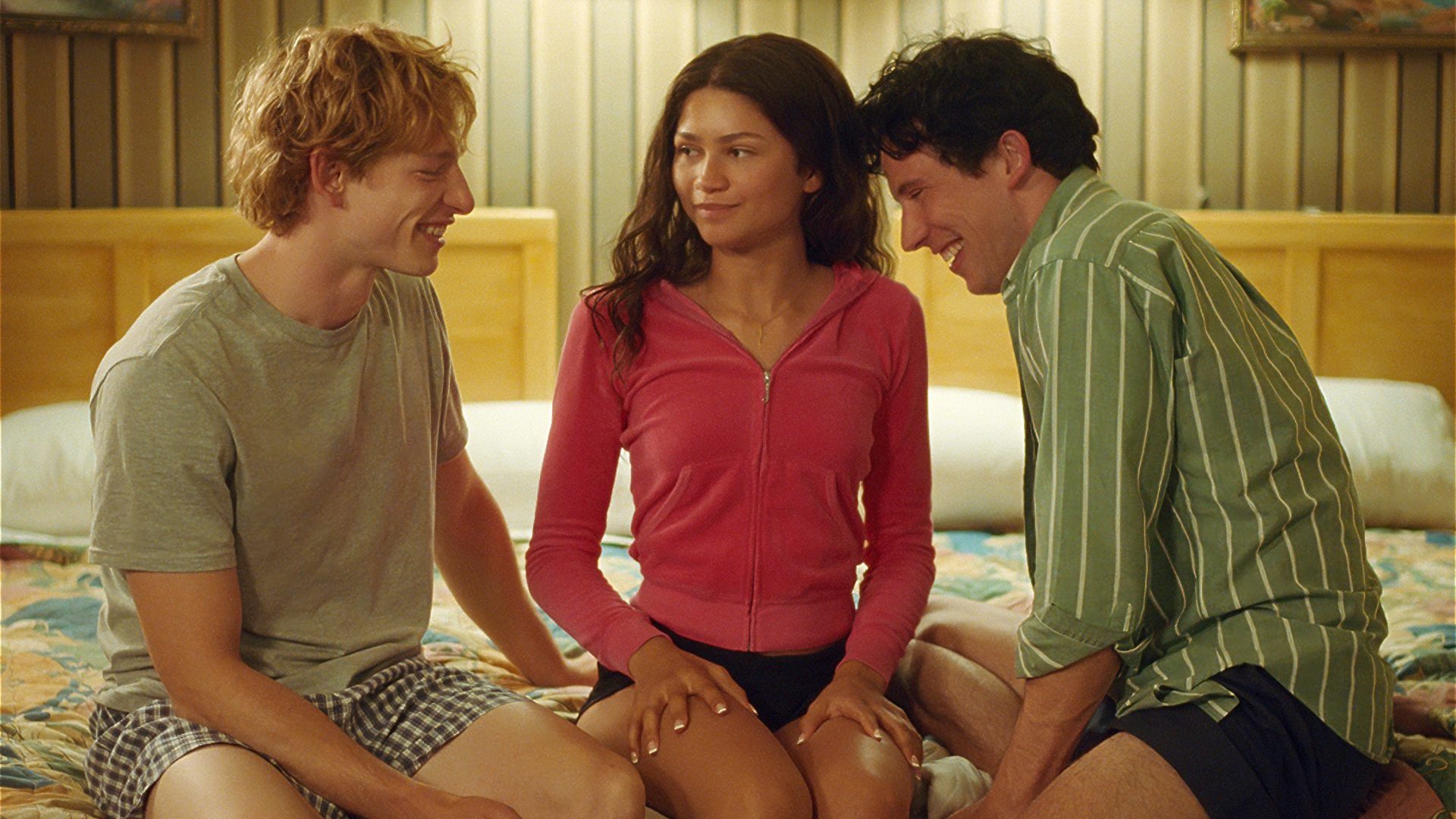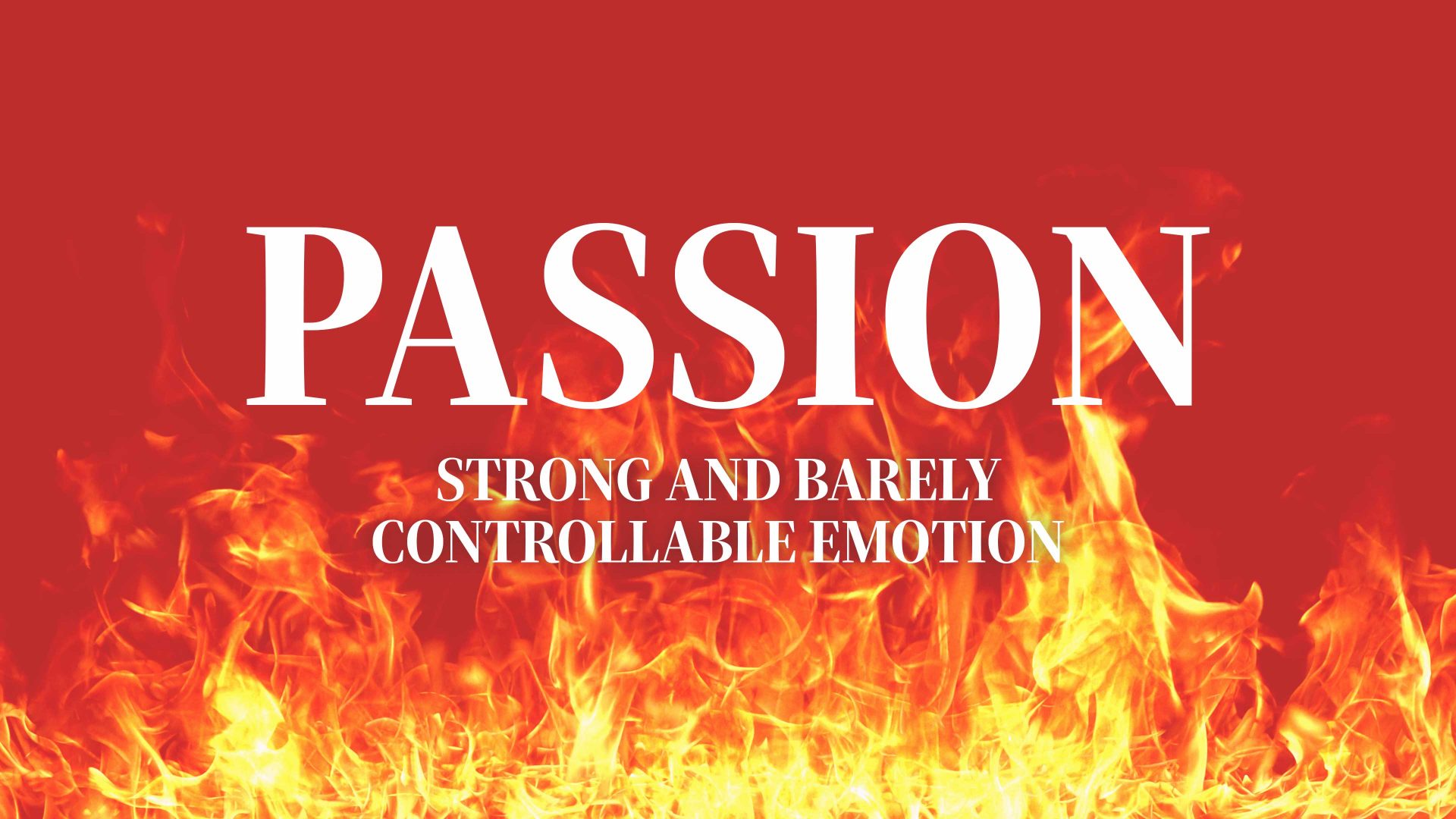Imagine a meeting between the most glorious blonde in 1930s cinema and an African-American blues singer who sang of the Deep South and its travails.
These two did connect, but only after the death of the radiant blonde. Their postmortem encounter says something about America, something about the Great Depression: something about the importance of movies in the Vintage Age.
The blonde was Jean Harlow, an unashamedly working-class woman, beautiful and radiant and also plain and simple. Down to earth.
She was known in movies as a “bad girl”, which could mean any number of things. Being working class, she was not under the protection of the elite. She was out there in the wind.
Harlow always said what needed to be said. She brooked no nonsense.
There was always something vulnerable about her, something half-said, the rest buried somewhere deep and inaccessible.
She carried an air of the tragic even before the tragedies that befell her – the suicide of her second husband when she was only 21, her own death from kidney failure at only 26.
She rose quickly and she rose from nothing, a perfect image of the 1930s, and a perfect example of what it was to be a woman from nothing.
Harlow said what needed to be said with a kind of smirk, but maybe that smirk was a mark of her unsureness, her fragility. Marilyn Monroe, some 20 years later, played this image of the so-called Blonde Bombshell, but only in her last picture did we really feel the tragedy.
But somehow in Jean Harlow, audiences could feel the broken places, almost coming through the screen. Even though what she played was comedy.
She connected with all of the poor and all of the working class. They gathered their hard-earned nickels and dimes to sit and gaze at her in the dark. My forebears, too, in the Deep South,
There was something in her that they understood; that they recognised and, unlike Marilyn, it was easy to believe that Harlow could take a segregated train down south, get off, and toddle in her high heels across the fields, walk up and shake your hand.
On the surface, Huddie William Ledbetter, better known as Lead Belly, was the complete opposite of her.
He was descended from people considered only three-quarter human beings at the time of his birth, born to be enslaved. He grew up in the Deep South doing all of the things and surviving all of the things that you would have survived if you had been born black in 1888, or maybe 1889. Nobody kept records for the likes of him.
Lead Belly played the twelve-string guitar and, using that instrument, he expressed not only his own people and their travails, but the reality of being poor and rural and living in the South.
In 1937, there was a cover story in Life magazine about him. They used the “N” word while describing his musical prowess.
A caption on one picture read: “These hands once killed a man”.
An inspiration for Woody Guthrie, Pete Seeger and everybody else who made folk after his early death, they never knew how important he would become. Neither would Harlow know about her place in the pantheon of screen beauties.
Both had the same essence of commonality, these two people, caught in the Depression, in the American Dream, icons before they died. Icons still.
The tune of Lead Belly’s tribute to Harlow is surprisingly jaunty. But it tells something about the importance of the movies, of cinema during the Great Depression, and why films were never really made quite that good and, in a sense, that urgent again.
“Jean Harlow died the other day
These are the very words that I heard her say
Her mama sitting on her bedside crying
Believe to my soul my child is dying
Shang-a-lang, shang-a-lang, ba da-da deedly
Shang-a-lang, shang-a-lang, ba da-da deedly
Shang-a-lang, shang-a-lang, ba da-da deedly, oh…”




